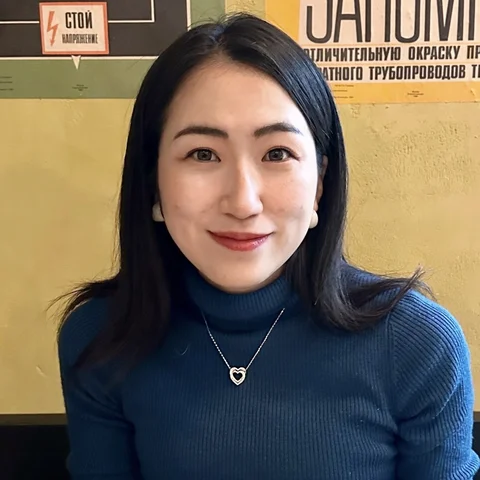Schedule
Note - This schedule is tentative and subject to change as the semester progresses.
| Date | Lecture | Readings | Logistics | |
|---|---|---|---|---|
| Tues 01/16/24 |
Lecture #1:
|
Main readings:
|
||
| Thu 01/18/24 |
Lecture #2:
|
Main readings:
|
||
| Tues 01/23/24 |
Lecture #3:
|
Main readings:
|
||
| Thu 01/25/24 |
Lecture #4:
|
Main readings:
|
HW1 out 1/29 |
|
| Tues 01/30/24 |
Lecture #5:
|
Main readings:
|
||
| Thu 02/01/24 |
Lecture #6:
|
Main readings:
|
||
| Fri 02/02/24 2:00-3:00pm |
Recitation #1:
Numpy and Pytorch Tutorial Session |
|||
| Tues 02/06/24 |
Lecture #7:
|
Main readings:
|
||
| Thu 02/08/24 |
Lecture #8:
|
Main readings:
|
2/11 HW 1 due |
|
| Tues 02/13/24 |
Lecture #9:
|
Main readings:
|
|
|
| Thu 02/15/24 |
Lecture #10:
|
Main readings:
|
2/16 HW 2 out |
|
| Tues 02/20/24 |
Lecture #11:
|
Main readings:
|
||
| Thu 02/22/24 |
Lecture #12:
|
Main readings:
|
||
| Tues 02/27/24 |
Lecture #13:
|
Main readings: | ||
| Thu 02/29/24 |
Lecture #14:
|
Main readings: |
3/1 HW 2 due |
|
| Tues 03/05/24 | Midterm Exam | |||
| Thu 03/07/24 |
Lecture #15:
|
Main readings:
|
3/8 Project proposals due; |
|
| 03/08/24 - 03/24/24 | Spring recess - No classes | |||
| Tues 03/26/24 |
Lecture #16:
|
Main readings:
|
||
| Thu 03/28/24 |
Lecture #17:
Guest lecturer:
Akari Asai, University of Washington 
|
|||
| Tues 04/02/24 |
Lecture #18:
|
Main readings:
|
4/2 HW3 due; |
|
| Thu 04/04/24 |
Lecture #19:
|
Main readings:
|
HW 4 out 4/7 |
|
| Tues 04/09/24 |
Lecture #20:
Guest lecturer:
Luca Soldaini, Allen Institute for AI 
[ slides ] |
Main readings: | ||
| Thu 04/11/24 |
Lecture #21:
|
|||
| Tues 04/16/24 |
Lecture #22:
Guest lecturer:
Jason Weston, Meta AI 
|
Main readings: | ||
| Thu 04/18/24 |
Lecture #23:
|
|||
| Tues 04/23/24 |
Lecture #24:
|
|||
| Thu 04/25/24 |
Lecture #25:
|
Last meeting of the class; |
||